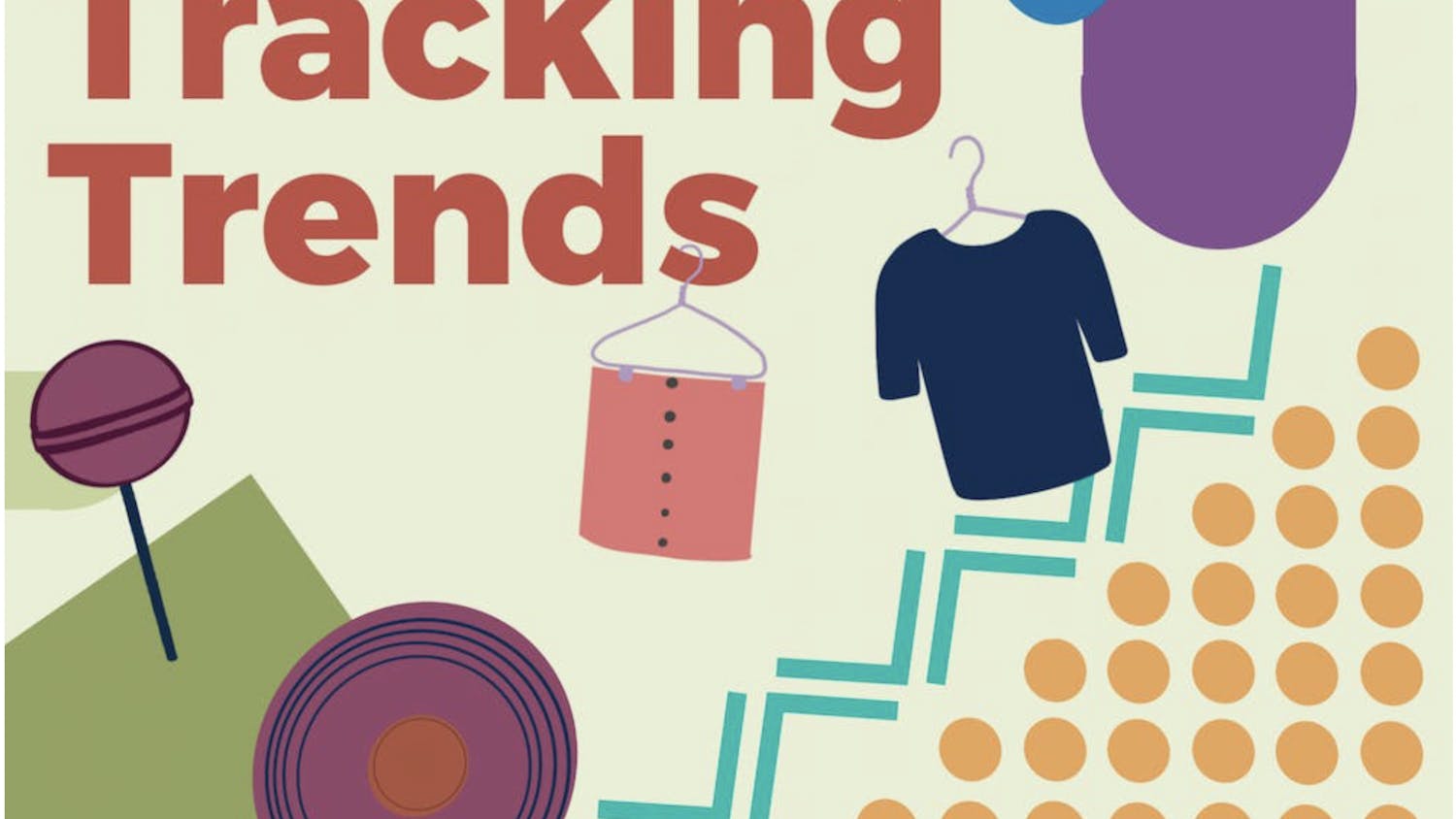Artificial Intelligence (AI) has come a long way since its inception in the 1950s. It has rapidly evolved and is now being used in various industries and sectors, from healthcare to finance, to revolutionize the way we live and work.
One of the main dangers of AI is the potential for it to be used for malicious purposes. As AI becomes more advanced and sophisticated, it becomes easier for it to be weaponized. As they work independently, AI systems may take actions that have unintended consequences, such as spreading misinformation or even causing physical harm.
Another major concern is job displacement. As AI systems become more advanced, they are starting to take over jobs that were once done by human workers. This shift may increase efficiency and cut costs, but it also raises important ethical questions about the future of work.
OpenAI is one of the leading organizations in the field of AI research and development. The company has developed some of the most groundbreaking AI technologies, including GPT-3, a cutting-edge language model that is changing the game.
The AI chatbot market is heating up with the announcement of Google's new chatbot, Bard. As the market leader, Google's entry into the space is a significant development and is expected to bring new innovations to the field. Like Microsoft's ChatGPT, Bard is powered by a large language model, in this case, called LaMDA.
The addition of Bard technology to Google's search engine also promises to make complex queries more manageable.
The competition in the AI chatbot market is intense, with many companies vying for a piece of the action. With the increasing demand for AI technology, it's no surprise that companies are investing heavily in chatbots to gain an edge in the market.
One of the key areas of competition is in the development of large language models. Companies are competing to develop the best language models by feeding them the largest and most diverse data sets. Another area of competition is in the user interface and experience of the chatbots. Companies are striving to create chatbots that are easy to use and provide features such as natural language processing, which enables chatbots to understand human speech and respond in a more human-like manner. Finally, companies are also competing to integrate AI chatbots into their existing products and services.
The competition in the development of large language models and AI chatbots is driving companies like Alphabet Inc, the parent company of Google, to focus on their core AI business.
Alphabet Incs making a major workforce reduction, cutting about 12,000 jobs or 6% of its total employees. The company is facing a "different economic reality" and is taking action to double down on its artificial intelligence (AI) efforts.
Google's move follows in the footsteps of other tech giants such as Amazon, Microsoft and Meta Platforms, who have also downsized their workforce after a pandemic-led hiring spree left them with a bloated workforce in a weak economy.
This statement by Sundar Pichai, the CEO of Alphabet, suggests that the company is taking measures to optimize its operations and redirect its resources to areas of high priority. This is in line with recent job cuts announced by Microsoft, indicating that many tech companies are looking to streamline their operations and prioritize their resources in a challenging economic environment.
In the rapidly advancing world of AI, it's hard not to feel a sense of confusion and pessimism about what the future holds. Will AI lead to a utopia of increased efficiency and productivity, or will it lead to widespread job loss and economic inequality? Will it help us solve some of the world's biggest problems, or will it create new ones that we cannot even imagine yet?
The truth is, no one knows what the future holds when it comes to AI. As we stand at the cusp of this new era, all we can do is brace ourselves for the potential challenges and uncertainties ahead.
Ankita Bansode is a sophomore studying economics and mathematical statistics at Ohio University. Please note that the views and opinions of the columnists do not reflect those of The Post. What are your thoughts? Tell Ankita by emailing her at ab890621@ohio.edu.





